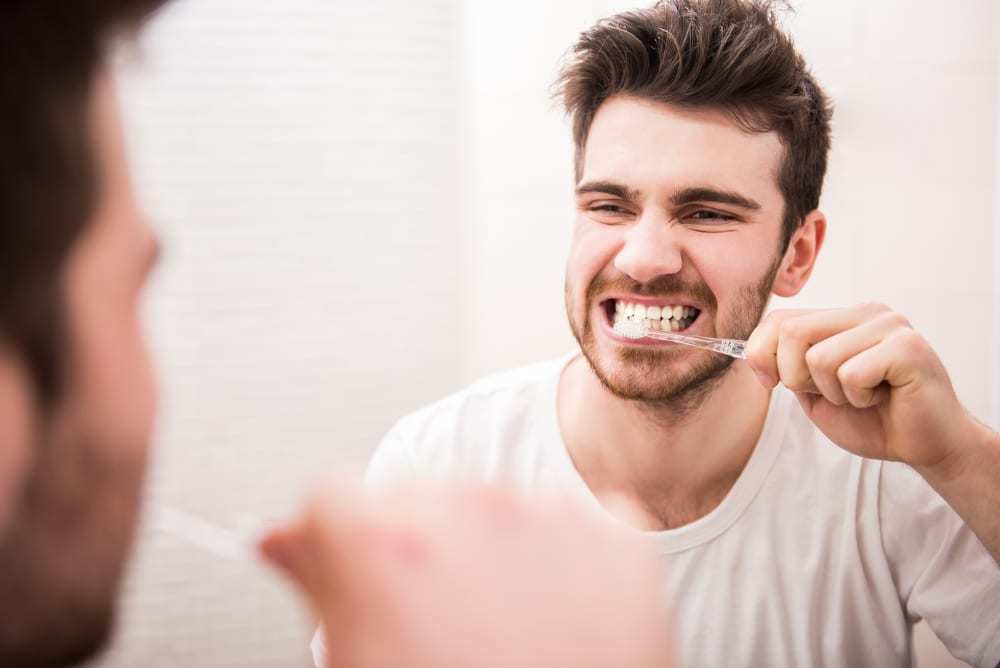People often and incorrectly believe that since brushing their teeth is healthy and clean, it is preferable to attempt to remove quite as much food and germs off of your teeth as possible. On the other hand, this is not the case.
According to Dr. Bryan Shanahan from Flagstaff, AZ, When you brush your teeth, you’re doing more than just eliminating food particles from them. Instead, brushing the teeth is to protect the pearly white enamel that covers a large area of each tooth. Plaque and the germs that live in unhealthy mouths may erode the enamel of your teeth. Therefore, removing plaque and germs is a desirable goal.
However, if you brush your teeth too vigorously or for too long, you may wear away the enamel of your teeth, which results in diminished whiteness and an increased vulnerability to plaque and germs.
People who wash their teeth with too much force, on the other hand, do damage to their tooth enamel, which negates the goal of cleaning. We’ll go through the reasons why below.
What Exactly Is This Plaque Thing?
Plaque may be described as a sticky, filmy white substance that forms at the base of your teeth, close to where they meet your gums. An instrument as malleable as a Q-tip may be used with relative ease to remove it. To put it another way, removing plaque from your teeth involves minimal exertion of effort.
If you can bend the toothbrush’s bristles, you are using excessive force while brushing your teeth. This is a standard guideline. Even while dental enamel is rather challenging, it is not immune to the damage that may be caused by brushing too vigorously every day.
Brushing That Is Effective
Brushing your teeth has two different positive effects on your oral hygiene. To begin, it will remove any pieces of food that have been lodged in between your teeth. Second, since it contains fluoride, it strengthens your enamel, making your teeth more resilient. In none of these cases is it necessary to apply significant pressure while brushing one’s teeth or gums. Plaque is highly pliable and is not particularly adhesive.
When you clean your teeth, you should pay particular attention to the region where your gums and teeth meet. If your gums bleed when you brush, it might indicate that you have periodontal disease or that you are brushing too vigorously. The brush’s bristles should be brought into contact with the gums while being placed to the tooth at an angle of 45 degrees. Once again, you do not want to be pulling the bristles backward. Gums that bleed do not contribute to the prevention of gum disease.
Alternate Methods For Getting Rid Of Plaque
Plaques may be effectively removed by brushing and flossing your teeth. On the other hand, probiotics are an exciting and potentially helpful therapy option since they stop disease-causing bacteria from building plaque. Consuming meals containing probiotics or taking probiotics in tablet form will be more assistance than piercing soft tissue with bristles made of plastic.
Brushing your teeth is designed to get rid of plaque and strengthen the enamel on your teeth. This is the bottom line. If you brush your teeth too vigorously, you risk damaging the enamel of your teeth, which makes them more vulnerable to cavities and results in an unsightly discoloration.
CONCLUSION AND REMARK
Oral Care is the leading edge of oral treatment and may help you cope with gum disease, periodontitis, and other chronic diseases. Dental Care is at the forefront of dental innovation. Simply give them a call today to set up an appointment, and they will start providing advice right away!
